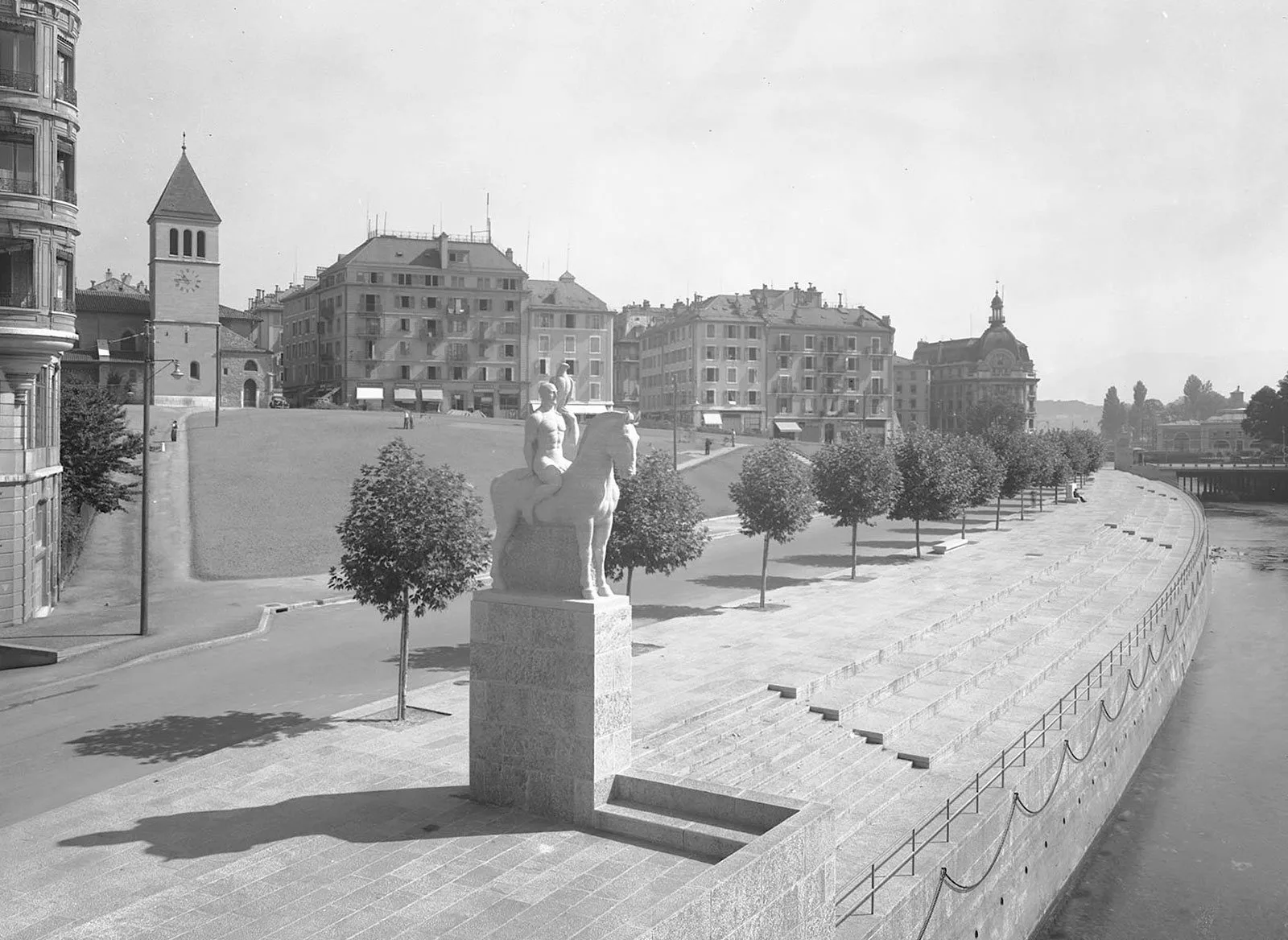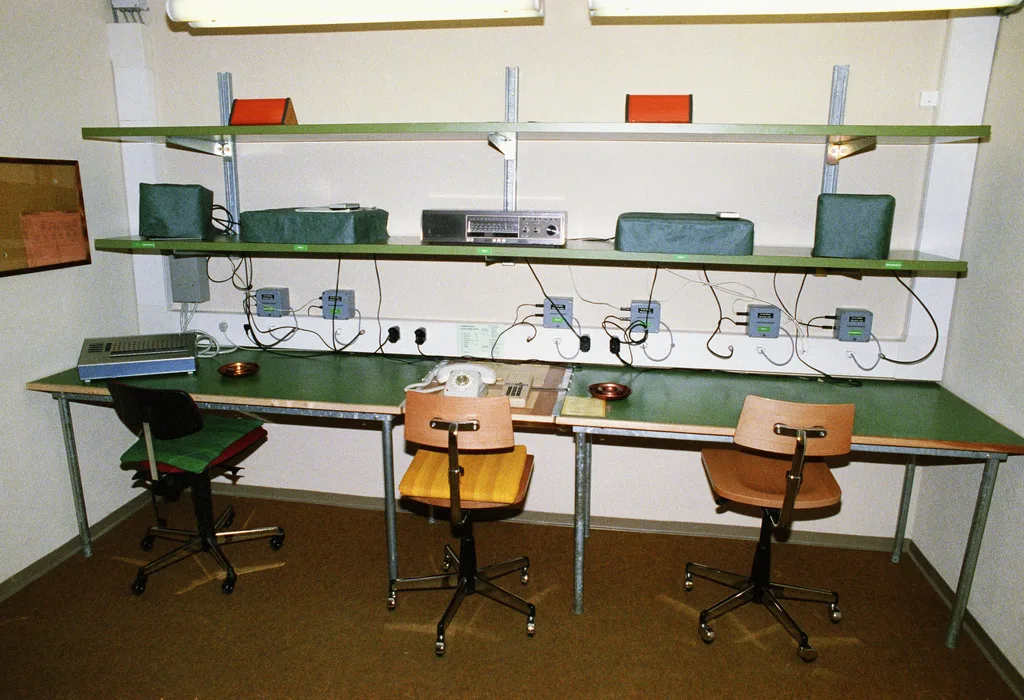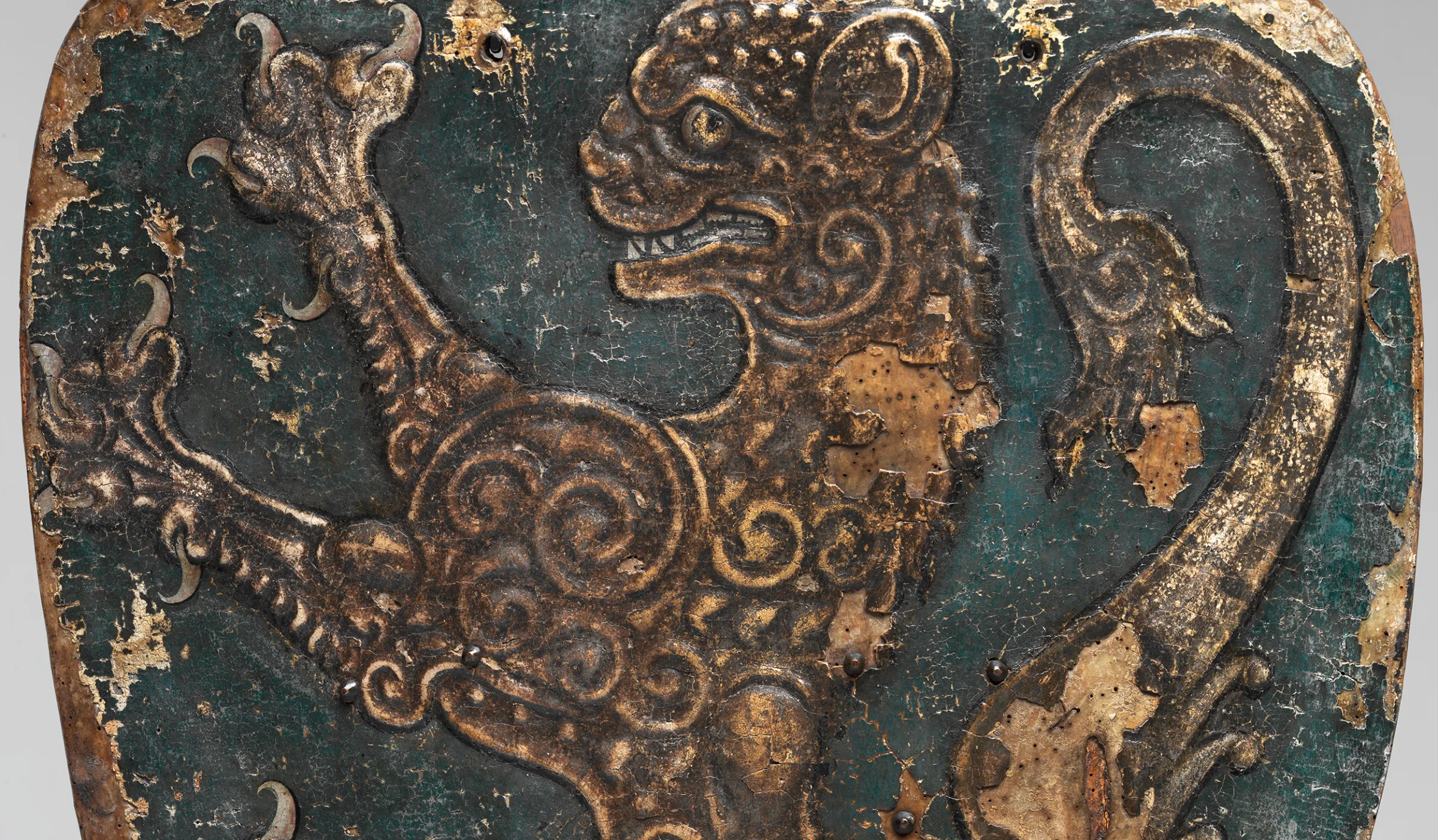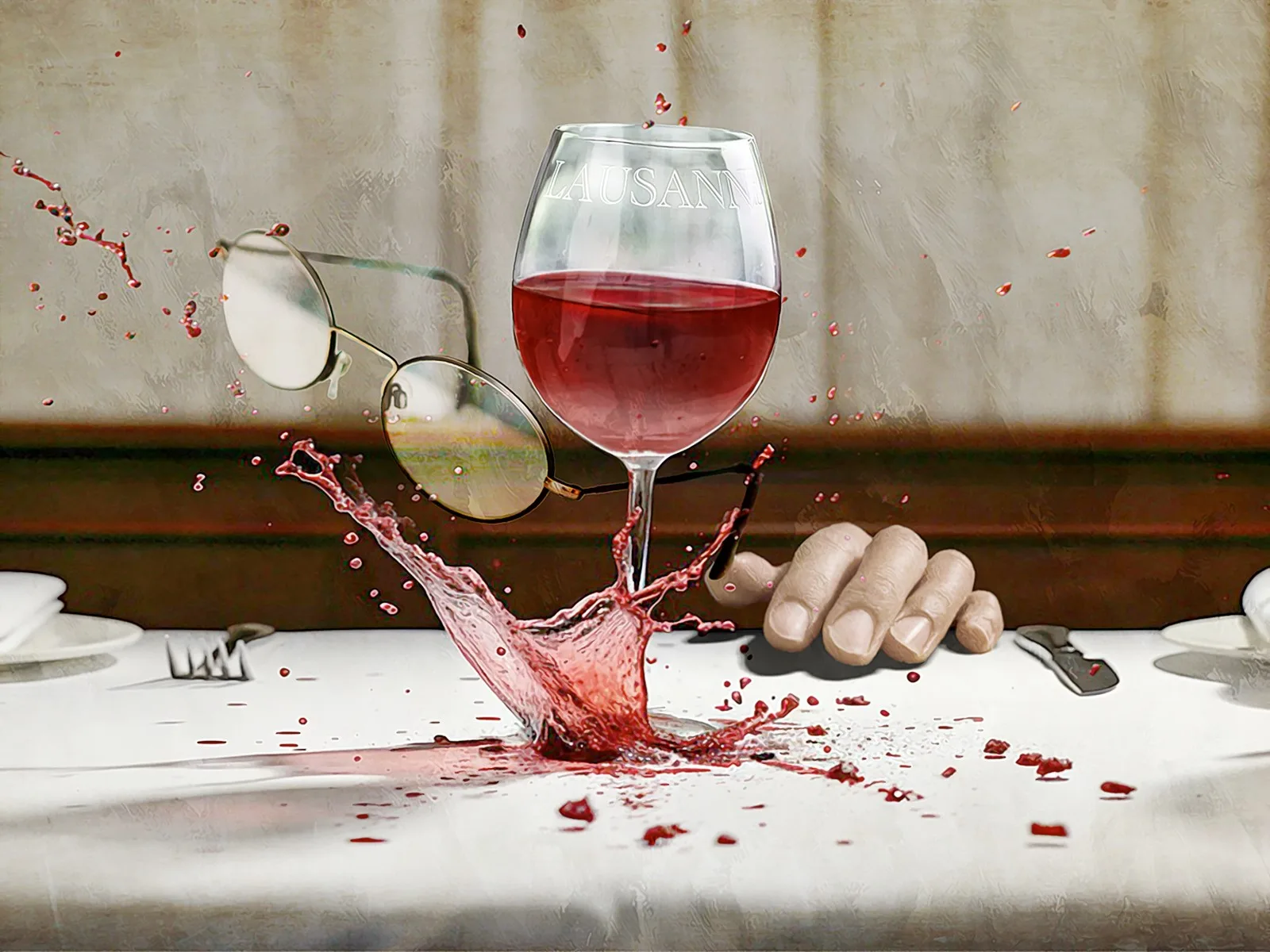
Death of a diplomat
In May 1923, Maurice Conradi shot dead a Soviet diplomat in Lausanne. The act itself and the subsequent acquittal of the murderer led to a major diplomatic dust-up.
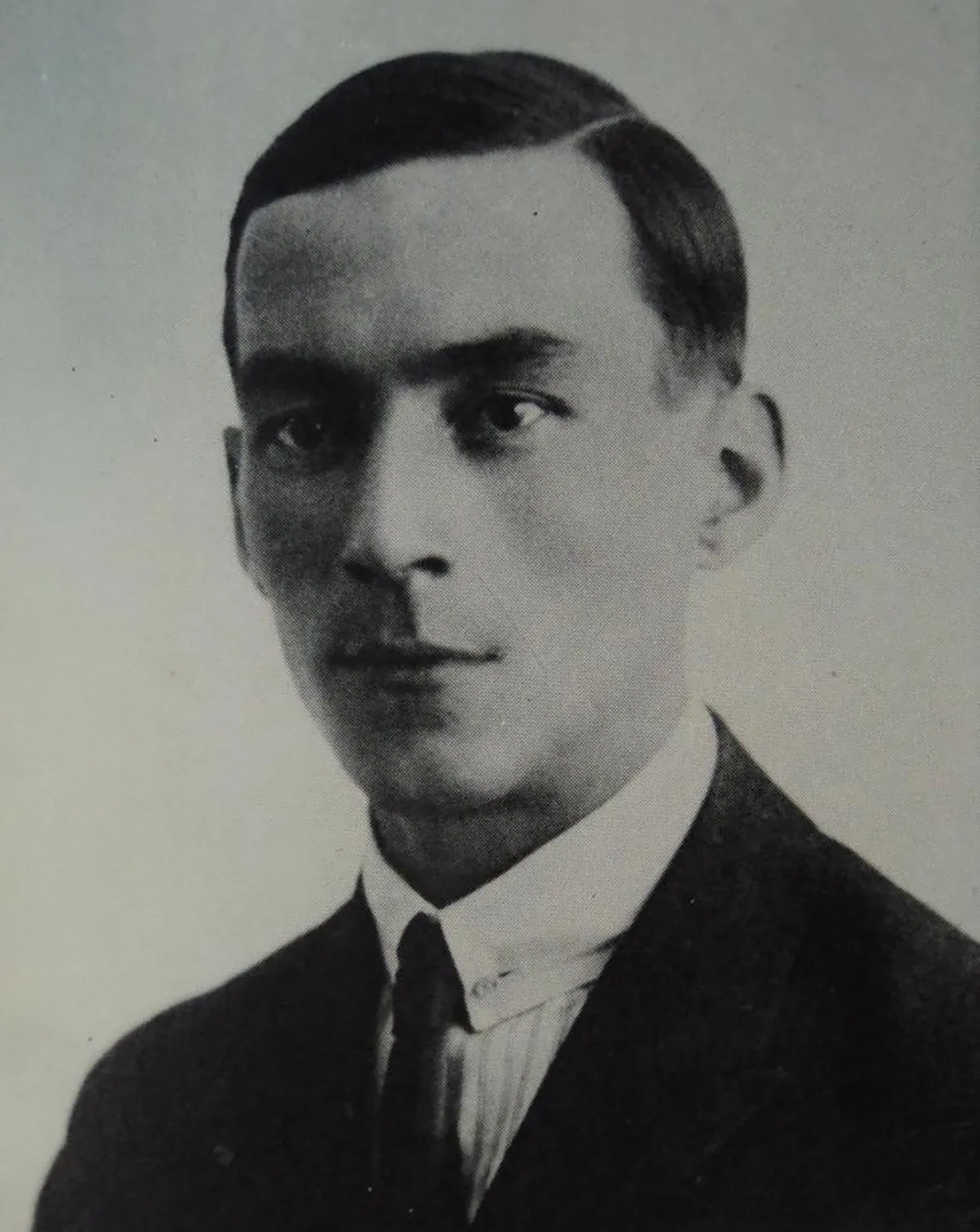
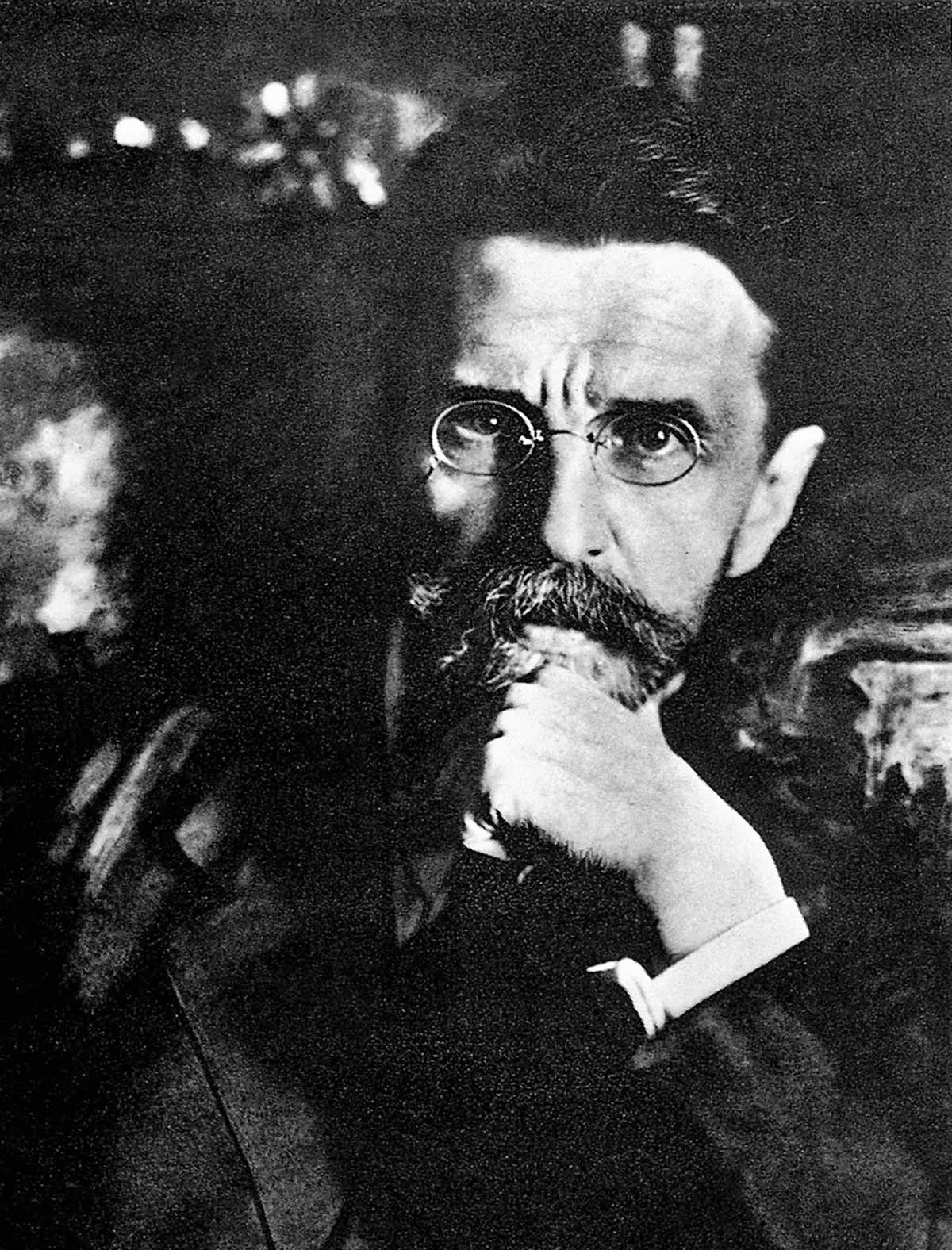
The Treaty of Lausanne
The Ottoman Empire had fought alongside the Central Powers (Germany, Austria-Hungary and Bulgaria) in the First World War. After the defeat to the Entente Powers, consisting of Britain, France and Russia, the Middle East was reconfigured, marking the end of the Ottoman Empire once and for all. Under the Treaty of Sèvres, Turkey was forced to give up large swathes of its territory in 1920. But the Turkish nationalists under Mustafa Kemal Pasha (Atatürk) rejected this treaty and achieved military success in the Turkish War of Independence between 1919 and 1922. This forced the victorious World War I Allies to enter into new negotiations, which were starting in November 1922 in Lausanne. The new Republic of Turkey regained a number of territories and blocked plans to shift its borders.
The Soviet Union was not officially allowed to participate in the negotiations in Lausanne, as it was not considered one of the victorious powers in the First World War. While Russia had been part of the Entente until 1917, following the October Revolution and the seizure of power by the Bolsheviks, it withdrew and agreed to a separate peace deal with the Central Powers in 1918. The Allies saw this as treachery and froze the country out.
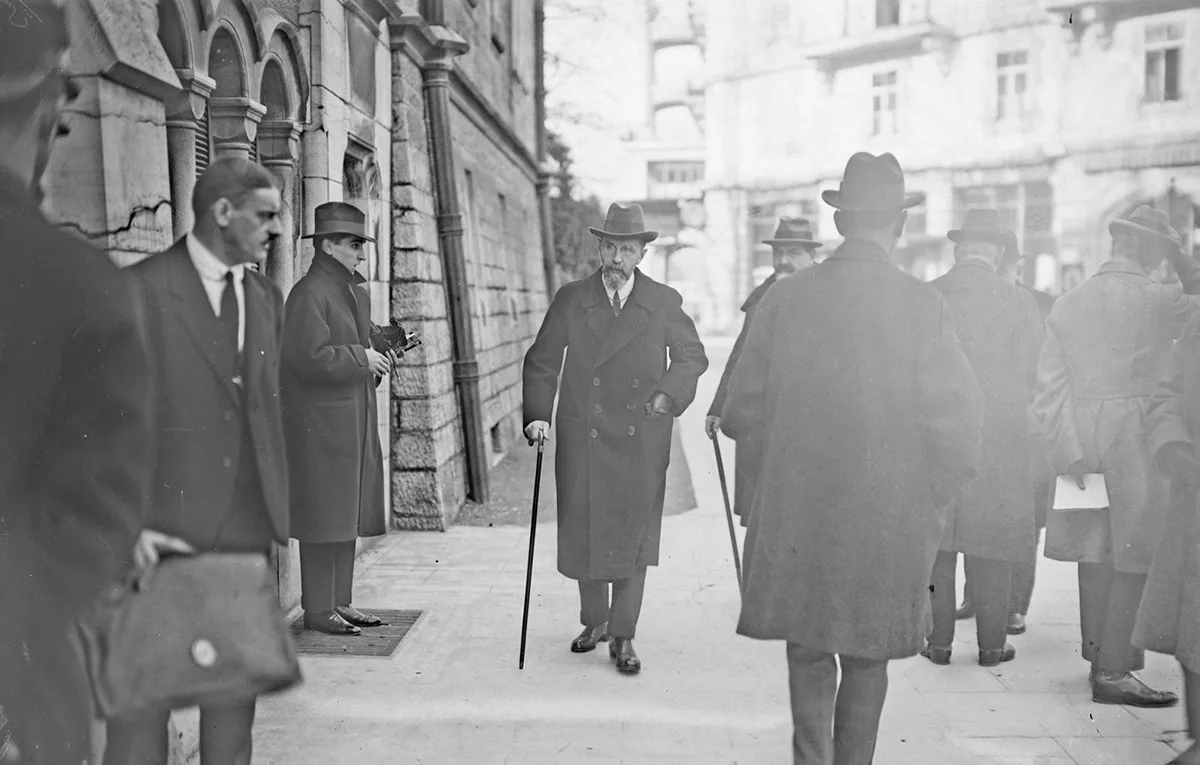
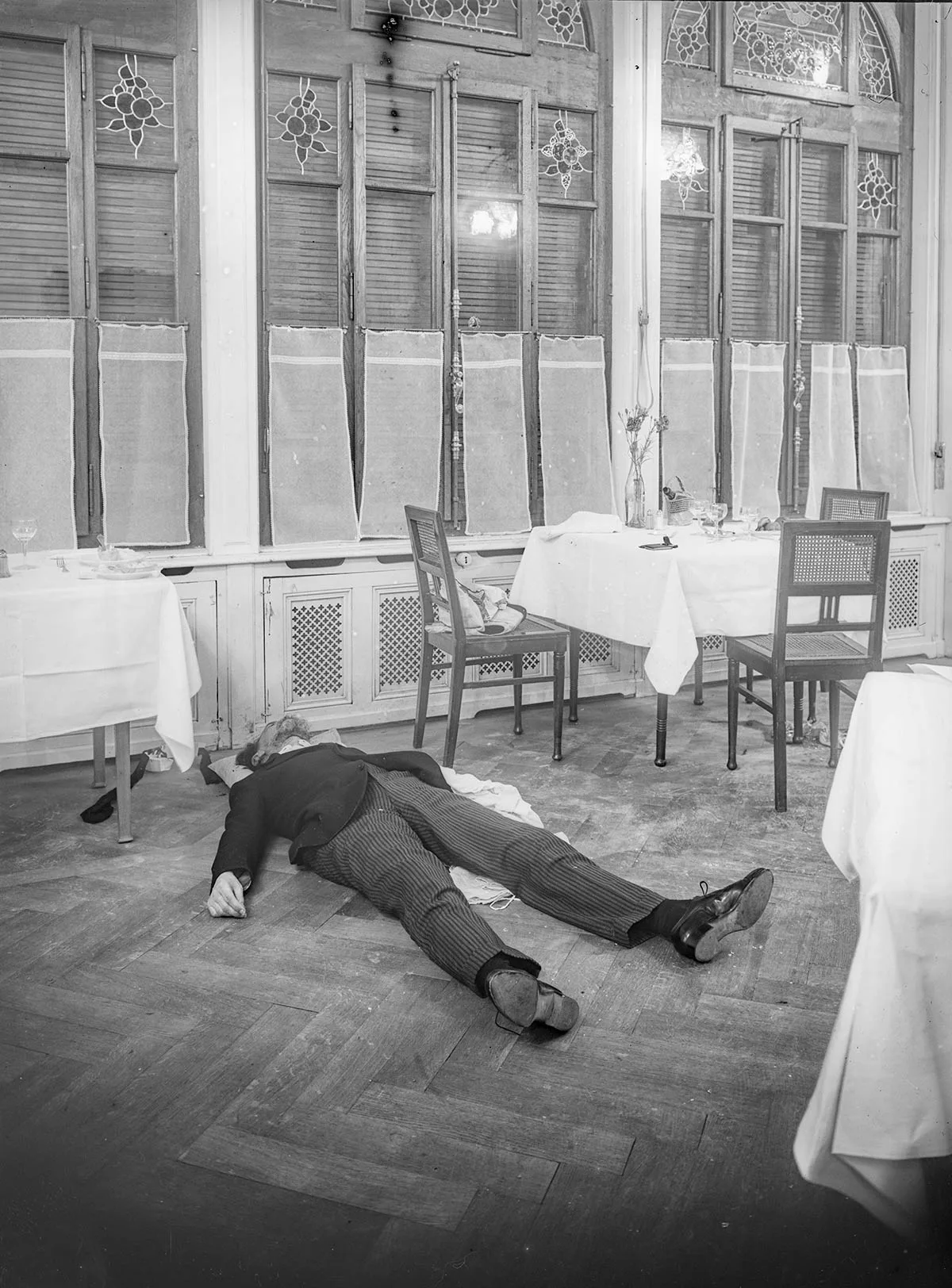
An act of personal vengeance
I have done a good thing because the Russians have ruined Europe.

